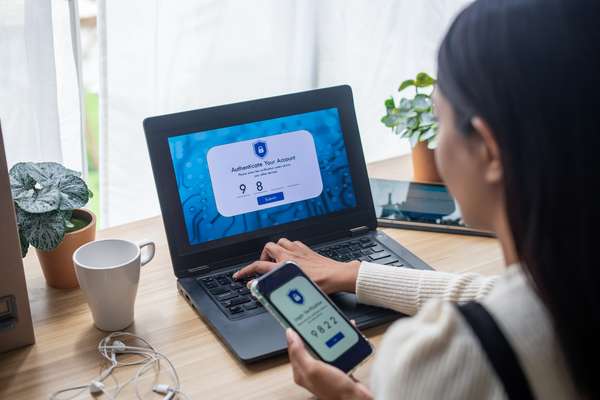Can you spot an email scam?

Check the sender's email address
Scammers may use email addresses that look similar to legitimate ones but contain slight variations. Always double-check the sender's email address to make sure it's from a trusted source.
Look for spelling and grammar errors
Scammers often make mistakes in their emails, like misspelled words or poor grammar. Legitimate organisations usually have professional communications, so be wary of sloppy writing.
Don't be fooled by urgent requests
Email scams create a sense of urgency to pressure you into acting quickly. Be cautious if an email demands immediate action or threatens dire consequences for not complying.
Verify hyperlinks before clicking
Hover your mouse over links in the email (without clicking) to see the actual URL. If it looks suspicious or doesn't match the claimed destination, avoid clicking it.
Avoid sharing sensitive information
Legitimate organisations will never ask you to provide sensitive data via email. Be cautious if an email requests passwords, tax file numbers, or financial details.
Check for personalised greetings
Genuine emails from reputable companies often address you by your full name. Vague greetings like 'Dear Customer' can be a sign of a scam.
Beware of unexpected attachments
Be cautious when opening email attachments, especially from unknown senders. Malicious attachments can contain viruses or malware.
Pay attention to the tone
Scammers might use threatening language or overly friendly tones to manipulate your emotions. Stay vigilant and trust your instincts.
Confirm with the source
If you receive an email claiming to be from a company you do business with, don't hit 'reply' to the email. Instead, contact the company directly to make sure the email is authentic.
Be cautious of too-good-to-be-true offers
Scammers may try to tempt you with unbelievable offers or prizes. As the old saying goes: 'If it sounds too good to be true, it probably is.'
Check for a digital signature
Legitimate emails from trustworthy sources often include a digital signature that can be verified.
Remember, it's okay to be sceptical and question the authenticity of emails. When in doubt, take a moment to investigate further before taking any action. By staying vigilant and following a few guidelines, you can protect yourself and your personal information from email scams.














